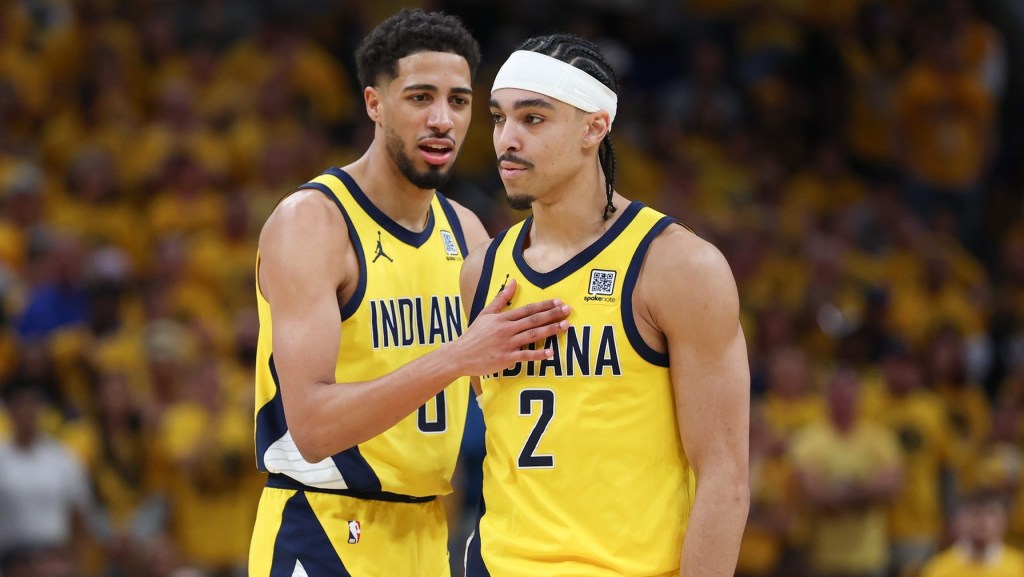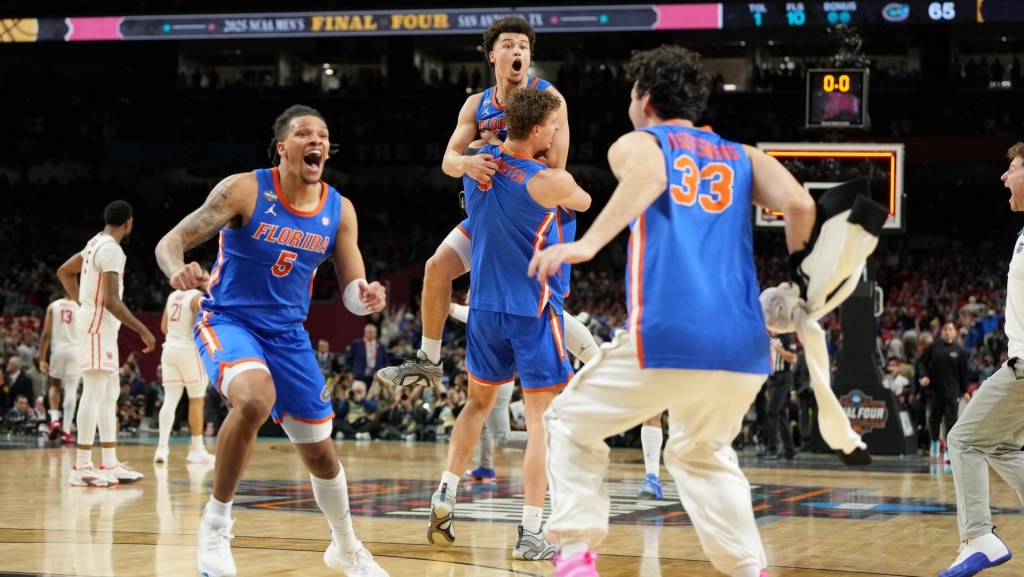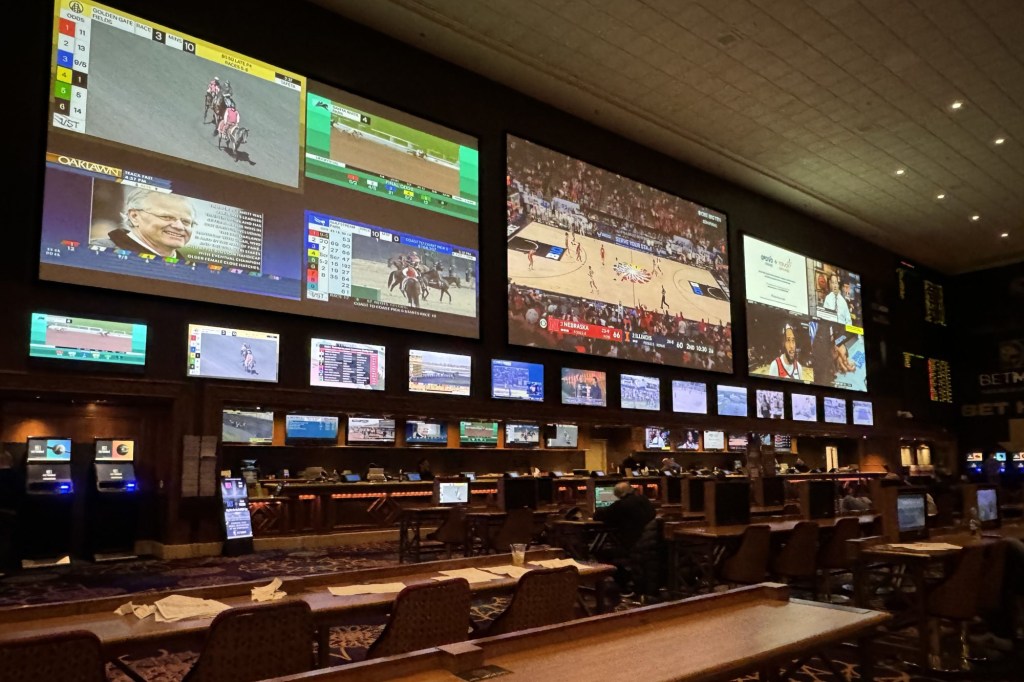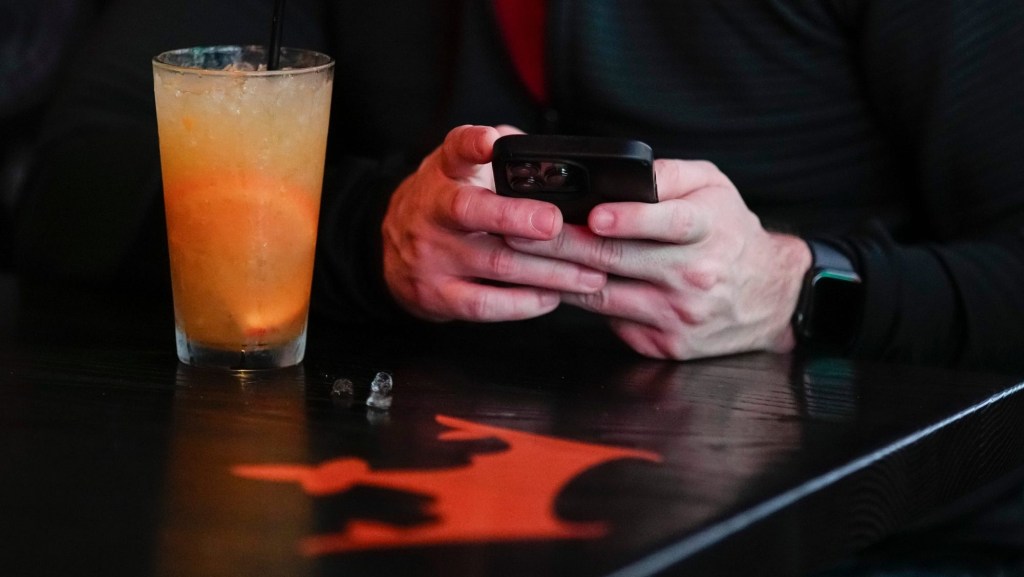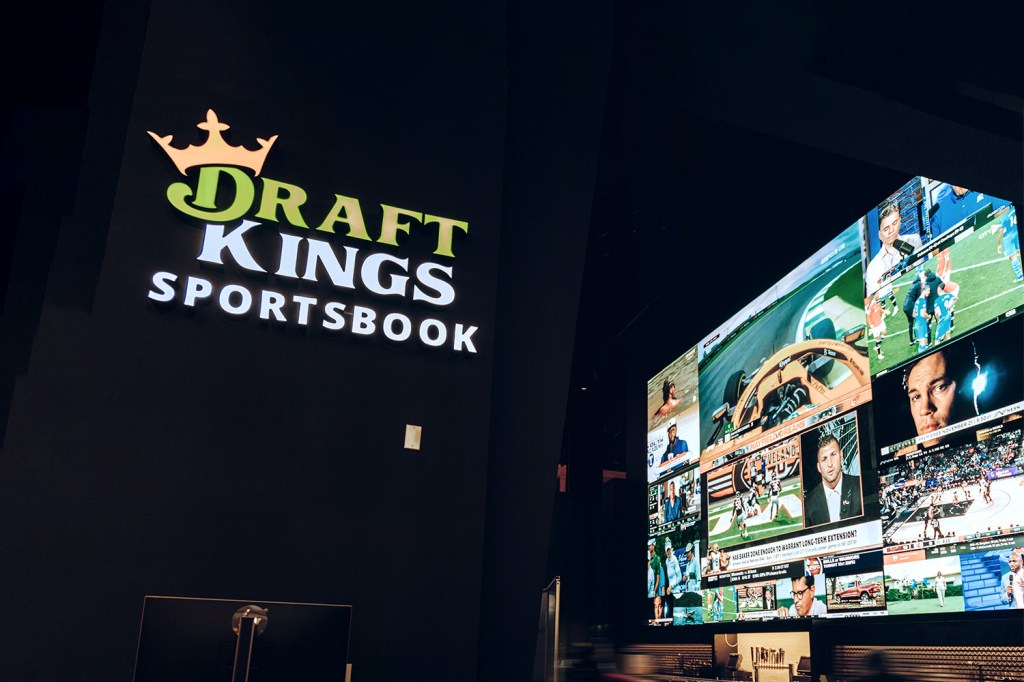
Photo via pixabay
In 2018, fans worldwide watched 6.6 billion hours of esports. With the ability to stream competitions becoming easier to access, the rise of newer games like “Fortnite,” and more fans coming on board, that number will most likely rise once again.
With the new year upon us, we took a look at what else fans and gamers can expect from the world of competitive video games in 2019 with the help of a few industry professionals.
Player welfare will take on more importance
In the past decade or so, the world of esports developed some habits that would probably be considered unhealthy. Players would all live and train together in a single facility. Not many resources were made available to players in terms of mental or physical wellness. Esports organizations also rarely made it a point to help players transition into a different career once their playing days were over.
Now, large organizations like Gen.G are changing the conversation.
At its newest facility in Seoul, Gen.G offers players access to resources like a nutritionist, a psychologist, a full gym, and streaming resources once players are done playing competitively. Players also work in this facility while commuting from their homes around the city in an effort to avoid mental burnout.
READ MORE: Gen.G Is Leading the Highly Competitive Esports Arms Race
In a recent interview, Gen.G Chief Growth Officer Arnold Hur spoke to the importance of his company dedicating resources to improve player welfare.
“I really don’t understand it when I see other organizations that aren’t as focused on player welfare,” Hur said. “It’s our top priority to make sure that a player can be more successful with us than with any other organization. In any sport, your number-one cost is going to be your talent, your players. Making sure that they’re able to perform at their best should be your biggest investment. Since they are our most important investment, we’re going to give it our best shot, so that our athletes can be the best that they can be.”
More non-endemic brands will come on as sponsors and investors
Brands like Alienware and Razer are deeply embedded in the sponsorship space of esports due to their long-established credibility with gamers.
Thanks to esports continuing to dominate the attention spans of the highly coveted 18-35 demographic worldwide, brands that offer products or services that aren’t specifically tied to gaming will likely be moving into esports at a quickened pace. Nike, for example, signed Chinese League of Legends player Jian Zihao to an endorser contract early in the year.
[mc4wp_form id=”8260″]
Based on this and other similar deals, fans can especially expect this in esports leagues adjacent to traditional sports like the NBA 2K League.
“We’ve seen a number of large, non-endemic brands and investors come into the space over the past few years, but most recently in 2018,” said Grant Paranjape, director of esports business and team operations for Monumental Sports & Entertainment. “For those who have entered with a thoughtful approach and an ability to integrate endemic esports knowledge into their organizations, I think they’ve been well rewarded by the reception from a very difficult to reach audience. During 2019, I would expect more brands to investigate the space, learn from the mistakes and successes of others, and bring a level of investment into the industry that further professionalizes every aspect, from organizations to individual teams and players.”
READ MORE: Study Confirms Esports Has Graduated to the Big Leagues
Chris “Chopper” Hopper, Riot’s North American head of esports, echoed this sentiment.
“There was a lot of discussion in 2018 with non-endemic brands in terms of sponsorship. That will turn into more closures in 2019. There’s a lot of value here in esports, and brands are aware of that,” Hopper said.
Riot has names like State Farm Insurance and Mastercard sponsoring its major competitions. Expect more larger brands to follow suit in the new year.
Esports will gain more traction in traditional athletic competitions
The 2019 Southeast Asian Games will take place from November 30 to December 11 this year. For the first time in its history, esports will be a part of the competition alongside 55 other athletic events. Games included are “Dota 2,” “Starcraft II,” “Tekken 7,” “Arena of Valor,” “Mobile Legends: Bang Bang,” and one yet to be announced.
The Southeast Asia Games are sanctioned by the International Olympic Committee (IOC). This competition will mark the first time that esports is a medaled event in a competition sanctioned by the IOC.
Does this mean that we will see video games make their debut in the next Olympics? Not necessarily, but the IOC is opening the door here for other regional athletic competition to include video games in the program, which means the process is underway for esports to be an Olympic competition at some point in the next few years.
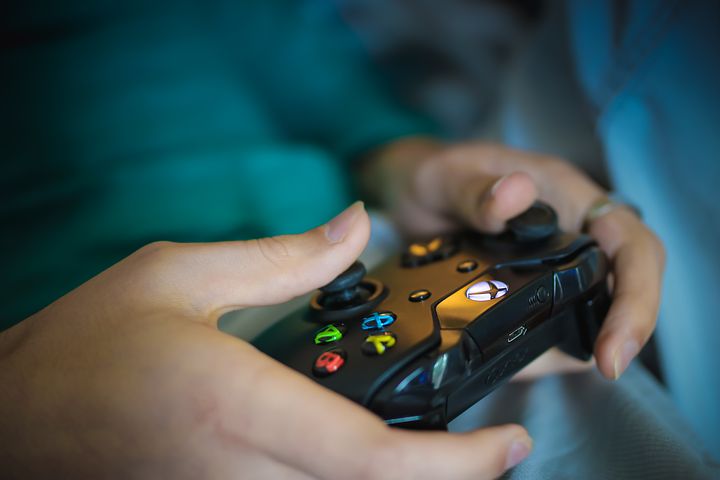

![[Subscription Customers Only] Jun 15, 2025; Seattle, Washington, USA; Botafogo owner John Textor inside the stadium before the match during a group stage match of the 2025 FIFA Club World Cup at Lumen Field.](https://frontofficesports.com/wp-content/uploads/2026/02/USATSI_26465842_168416386_lowres-scaled.jpg?quality=100&w=1024)
![[Subscription Customers Only] Jul 13, 2025; East Rutherford, New Jersey, USA; Chelsea FC midfielder Cole Palmer (10) celebrates winning the final of the 2025 FIFA Club World Cup at MetLife Stadium](https://frontofficesports.com/wp-content/uploads/2026/02/USATSI_26636703-scaled-e1770932227605.jpg?quality=100&w=1024)





